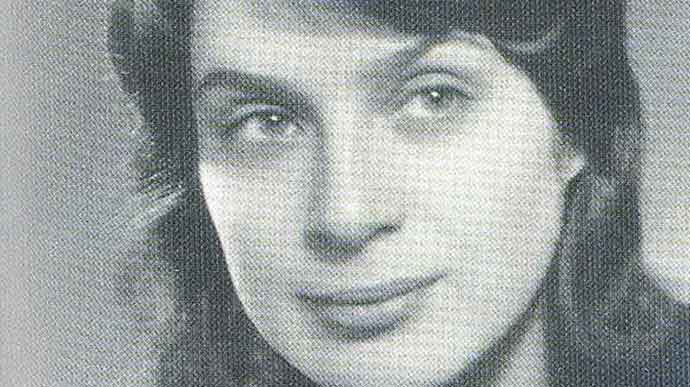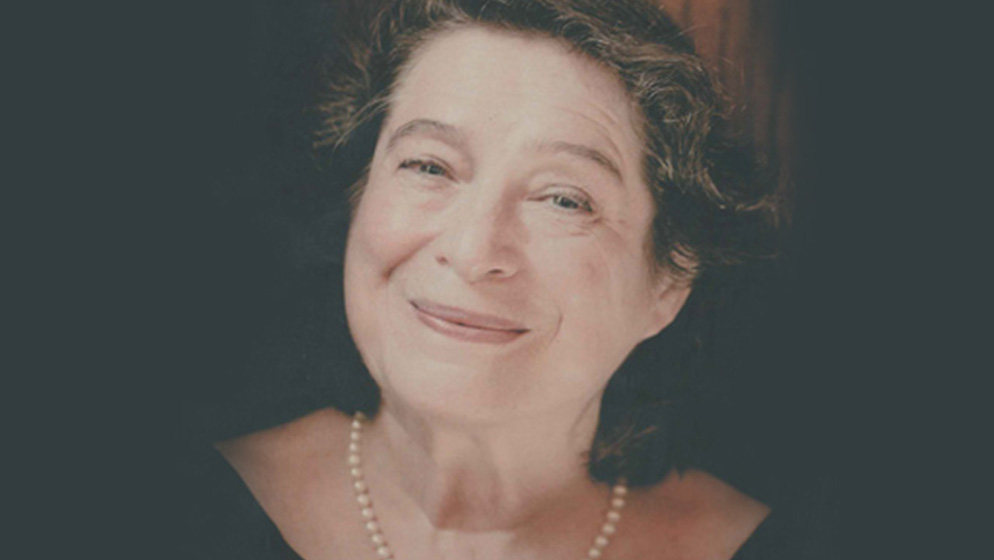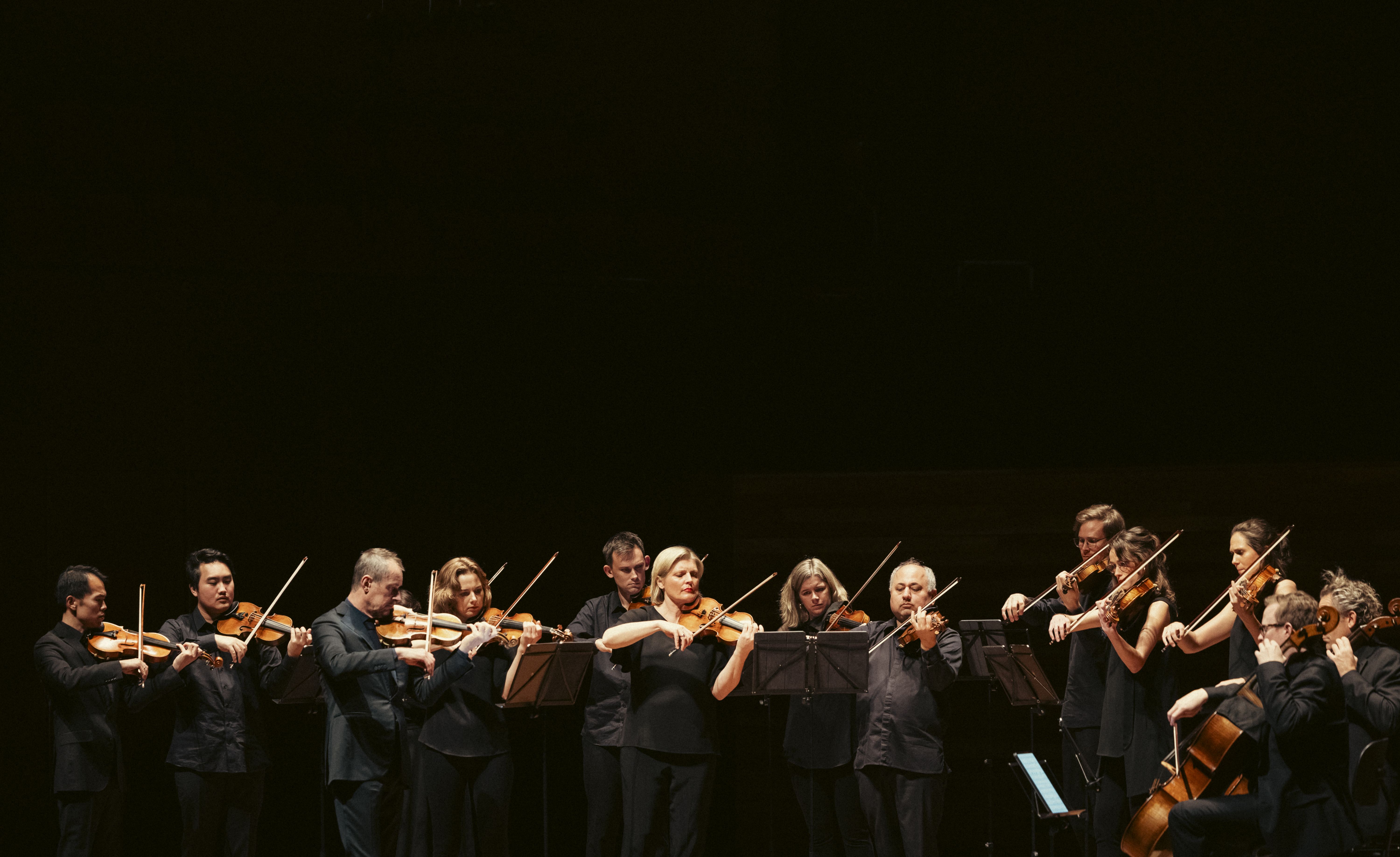
Leonskaja: Lioness of the Keyboard
She has earned the moniker ‘lioness of the keyboard’, her every move signifying vast experience, and has remained true to herself and to her music. In doing so, she is following in the footsteps of the great Russians of the Soviet era, such as Oistrakh, Richter, Rostropovich and Gilels, who never wavered in their focus on the essence of music despite working under a grim political regime.
Leonskaja brings more experience to the stage than almost any other living pianist. Born in Tbilisi, Georgia, to a Russian family, she was a child prodigy and gave her first concerts at age 11. Her exceptional talent soon brought her to study at the Moscow Conservatory where she forged an enduring friendship and musical partnership with the late great and legendary Sviatoslav Richter. Her performances of core repertoire link with a pianism of the past in which her musical gravitas eclipses anything as potentially pedestrian as showy technique or eccentric presentation.
When Israeli musicians realised the extent of her persecution as a Jew - the Soviet authorities having denied her the chance to perform in the West - citizenship in their country was offered to her, but in 1978 she decided to make Austria her home. That said, even after four decades living away from the land of her birth, she is unequivocal in affirming that her roots are fixed in Russia's incomparable musical culture.
“If you speak Russian, if you are steeped in Russian culture, all your spirit, all your heart is different, and you hear differently. My first concert in the West was in Vienna, and all the reviews said things like ‘her playing of Mozart or Beethoven is so Russian'," said Leonskaja.

Her stellar performance at the Salzburg Festival in 1979 heralded her rapid ascent as a leading concert pianist in the West. Her adopted homeland honoured her artistry, and she was awarded the Austrian Cross of Honor, First Class, for her services to the cultural life of the nation - the highest award of its kind in the land. Today Leonskaja has matured into an exceptional pianist, one who has appeared as a soloist with virtually all the leading orchestras in the world, and who is above emphasizing her virtuosity, and who enjoys the warmest of receptions wherever she appears.
With the ACO, Leonskaja plays Mozart’s Piano Concerto No.9, written when he was just 21. It is considered Mozart’s first real masterpiece, a musical coming of age. Scholars such as Charles Rosen have called it "perhaps the first unequivocal masterpiece of the classical style." Alfred Brendel considered it "one of the greatest wonders of the world." For its day, it was a work of remarkable ambition, originality and wit, and it was not only “the first of Mozart’s mature piano concertos, but the maturing of the form itself – one that the composer would dominate until the appearance of Beethoven.”
Under the direction of Roman Simovic, concertmaster with the London Symphony Orchestra, the ACO plays Beethoven’s String Quartet No.12, the first of his late quartets which heralded for him a new phase of intimacy and sophistication. It appears alongside Richard Strauss’ Sextet from Capriccio, a piece of pure chamber music for strings.
